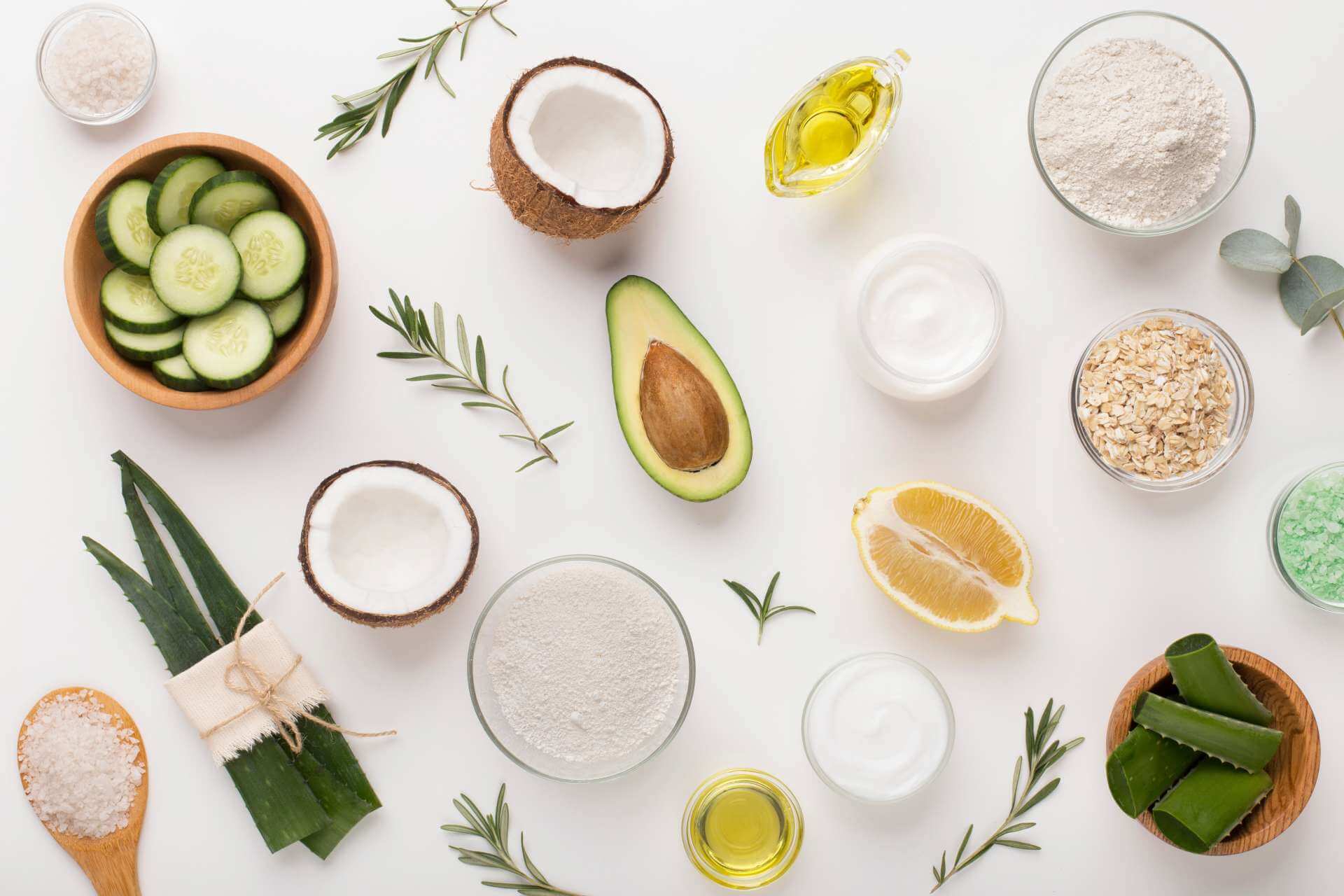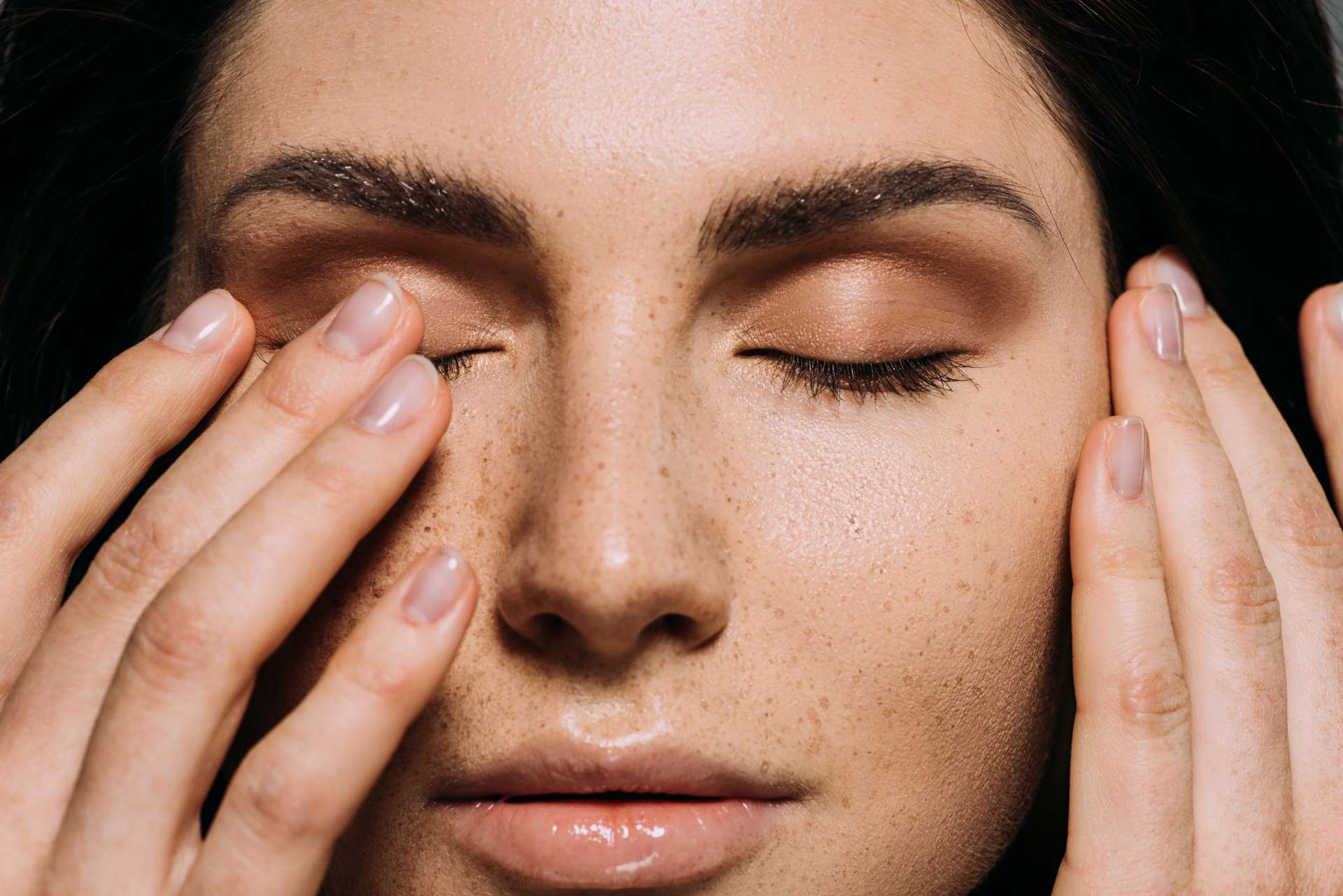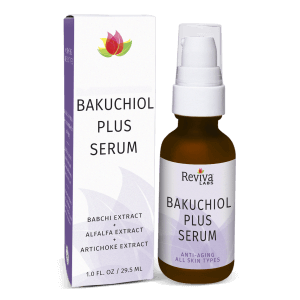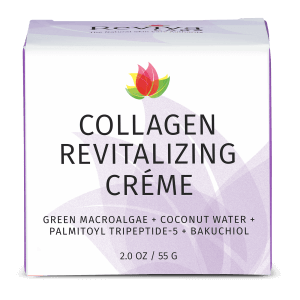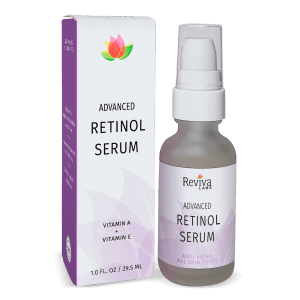A glowing complexion often starts with the right active ingredients. For years, retinol has dominated skincare conversations, celebrated for its ability to tackle wrinkles, fine lines, and acne. But a new contender has emerged—bakuchiol, a plant-based alternative that promises similar benefits with fewer side effects. Are these two ingredients really so different? Let’s break it down and help you decide which one belongs in your routine.
What Is Retinol?
Retinol is part of the retinoid family, a derivative of vitamin A known for its ability to improve skin texture, boost collagen production, and reduce signs of aging. Retinoids were first studied for their acne-fighting properties, but their anti-aging benefits quickly made them a must-have in skincare routines.
Retinol works by speeding up cell turnover. This means it helps your skin shed dead cells faster, revealing a fresher, smoother complexion. Over time, it stimulates collagen production, which softens fine lines and improves elasticity.
Retinol is synthetic and available in varying strengths. Over-the-counter retinol products are milder compared to prescription-strength retinoids, such as tretinoin or adapalene.
Skin Benefits of Retinol:
- Reduces fine lines and wrinkles.
- Improves skin tone and texture.
- Minimizes pores.
- Fights acne by preventing clogged pores.
While it sounds like a miracle ingredient, retinol isn’t for everyone. It can cause dryness, redness, and irritation, especially in sensitive or dry skin types. This is why many dermatologists recommend starting with a low concentration and gradually building up usage.
What Is Bakuchiol?
Bakuchiol (pronounced buh-koo-chee-ol) comes from the seeds and leaves of the Psoralea corylifolia plant, commonly found in India and China. Used in traditional Ayurvedic and Chinese medicine, bakuchiol has gained modern acclaim as a natural alternative to retinol.
Unlike retinol, bakuchiol doesn’t cause irritation. That’s because it works differently: it mimics the effects of retinol by interacting with the same skin pathways but without the aggressive exfoliation or sensitivity that retinol users sometimes experience.
Skin Benefits of Bakuchiol:
- Reduces fine lines and wrinkles.
- Boosts collagen and elastin production.
- Improves skin tone and texture.
- Gentle enough for sensitive skin.
Bakuchiol has been tested in studies to confirm its efficacy. One study published in the British Journal of Dermatology found that bakuchiol delivered similar anti-aging results as retinol but caused significantly less skin irritation.
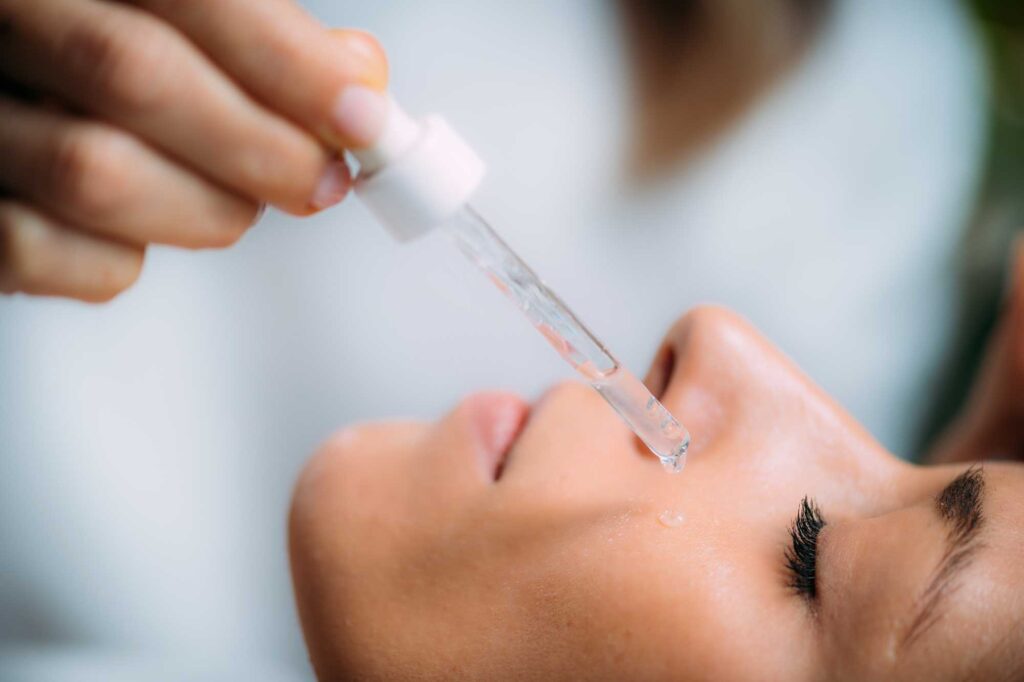
The Key Differences Between Retinol and Bakuchiol
Source
Retinol is derived from vitamin A, often synthetically produced for consistency in skincare formulations. Bakuchiol, on the other hand, is plant-based and vegan-friendly, making it a great choice for those looking for natural skincare alternatives.
Irritation Potential
Retinol is notorious for causing side effects like redness, flakiness, and dryness, particularly for first-time users. Bakuchiol, however, is celebrated for its gentleness, making it suitable for even the most sensitive skin types.
Sun Sensitivity
Retinol can make your skin more sensitive to sunlight, which is why it’s typically recommended for nighttime use. Bakuchiol doesn’t increase photosensitivity, so it’s safe to use both day and night.
Efficacy
While both ingredients can improve fine lines, wrinkles, and skin texture, retinol has more extensive research backing its effectiveness. That said, bakuchiol offers a compelling option for those who can’t tolerate retinol’s side effects.
Who Should Use Retinol?
Retinol is a fantastic choice for those with oily, acne-prone, or mature skin. If your skin can handle it, the results can be transformative.
Start slow—using it two to three times a week—and pair it with a moisturizer to reduce irritation. And don’t forget sunscreen! Since retinol increases sun sensitivity, daily SPF is non-negotiable.
Ideal for:
- Oily or acne-prone skin.
- Individuals looking for visible anti-aging results.
- Those without sensitive or reactive skin.
Who Should Use Bakuchiol?
If you have dry, sensitive, or reactive skin, bakuchiol is your new best friend. It’s also a great option for those who prefer plant-based, cruelty-free ingredients.
Unlike retinol, bakuchiol doesn’t require a “breaking-in” period, so you can start using it regularly right away. Pair it with other hydrating ingredients like hyaluronic acid or niacinamide for a soothing, glow-boosting routine.
Ideal for:
- Sensitive or dry skin types.
- People with rosacea or eczema.
- Those who want gentle, natural skincare options.
Can You Use Both?
Yes! Retinol and bakuchiol aren’t mutually exclusive. Some skincare enthusiasts find that layering or alternating the two can deliver optimal results. For instance, you might use retinol one night for its collagen-boosting properties and bakuchiol the next to soothe and repair.
Some products even combine these ingredients, offering a balanced formula that maximizes efficacy while minimizing irritation.
How to Add Them to Your Routine
Retinol
- Start Slowly: Use retinol 1-2 times a week and gradually increase frequency.
- Apply at Night: Retinol can make your skin more sensitive to sunlight, so nighttime application is key.
- Pair with SPF: Always use sunscreen during the day to protect your skin.
Bakuchiol
- Gentle Enough for Daily Use: Unlike retinol, bakuchiol can often be used twice daily.
- No Downtime Needed: Skip the retinol adjustment phase—bakuchiol works without the redness.
- Pair with Hydrating Ingredients: Combine with hyaluronic acid or ceramides for an extra boost.
The Verdict
Choosing between retinol and bakuchiol depends on your skin type, concerns, and tolerance. Retinol remains the gold standard for tackling advanced signs of aging and stubborn acne, while bakuchiol offers a gentler, plant-based alternative for sensitive or dry skin.
Whichever ingredient you choose, remember to give your skin time to adjust and enjoy the journey toward a healthier, more radiant complexion. Both ingredients have their place in the skincare world, and your unique needs will guide your choice.




